Episode 189. Marni Nixon
SOCIAL SHARE
SUBSCRIPTION PLATFORM

Today, in another of my Women’s History Month episodes, I present to you the extraordinarily versatile, even chameleon-like singer and actor Marni Nixon (22 February 1930 – 24 July 2016), who is no doubt best-known today as the so-called “Ghostess with the Mostest.” Born into a musical family in California, she became involved from an early age with the movies, and by a marvelous set of circumstances became The Voice for a number of Hollywood actresses not known for their singing voices, among them Deborah Kerr in The King and I, Natalie Wood in West Side Story, and Audrey Hepburn in My Fair Lady. Her skill in matching the vocal and speech characteristics of each of these performers is exceptional, but she was so much more than that. She pioneered the work of many 20th century giants, including Igor Stravinsky, Arnold Schoenberg, Charles Ives, and Anton Webern. She hosted a local Seattled children’s television program called Boomerang that netted her four Emmy Awards. She performed on opera stages and concert platforms around the world. She recorded widely, everything from Mary Poppins to Pierrot Lunaire, and in the mid-1970s was the first singer to perform and record Schoenberg’s cabaret songs, his so-called Brettl-Lieder, works that are now standard repertoire. She studied with Viennese soprano Vera Schwarz as well as the iconic Lotte Lehmann, and actively performed and recorded for more than 50 years. Her late career saw an extraordinary return to the musical stage, where she starred in both new work and revivals both on and Off-Broadway. Guiding us along the trajectory of her career is my good friend Thomas Bagwell, currently a coach and conductor at The Royal Danish Opera in Copenhagen, who was a colleague and good friend of Marni Nixon’s for the last 25 years of her life. His anecdotes and reminscences are interspersed with examples (often familiar, more often rare) of Marni’s vast recorded legacy, which give testament not only to her versatility, but to her flawless musicality and depth of expression.
RECORDINGS HEARD IN THIS EPISODE

Andrew Gold: Thank You for Being a Friend [1978]
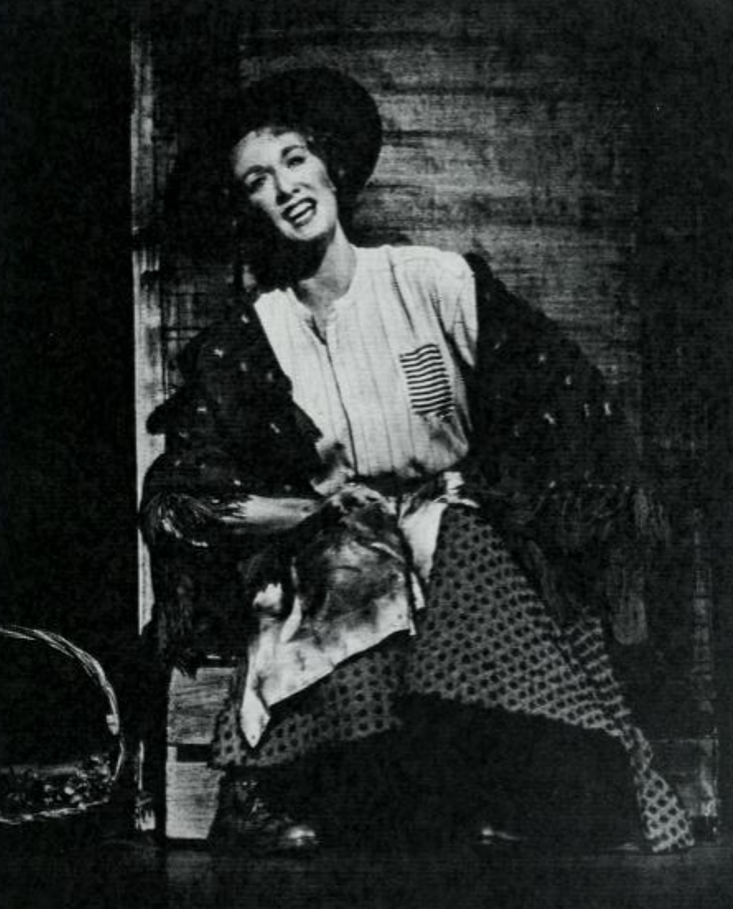
Frederick Loewe, Alan Jay Lerner: I Could Have Danced All Night (My Fair Lady). Marni Nixon, Orchestra conducted by André Previn [1964]
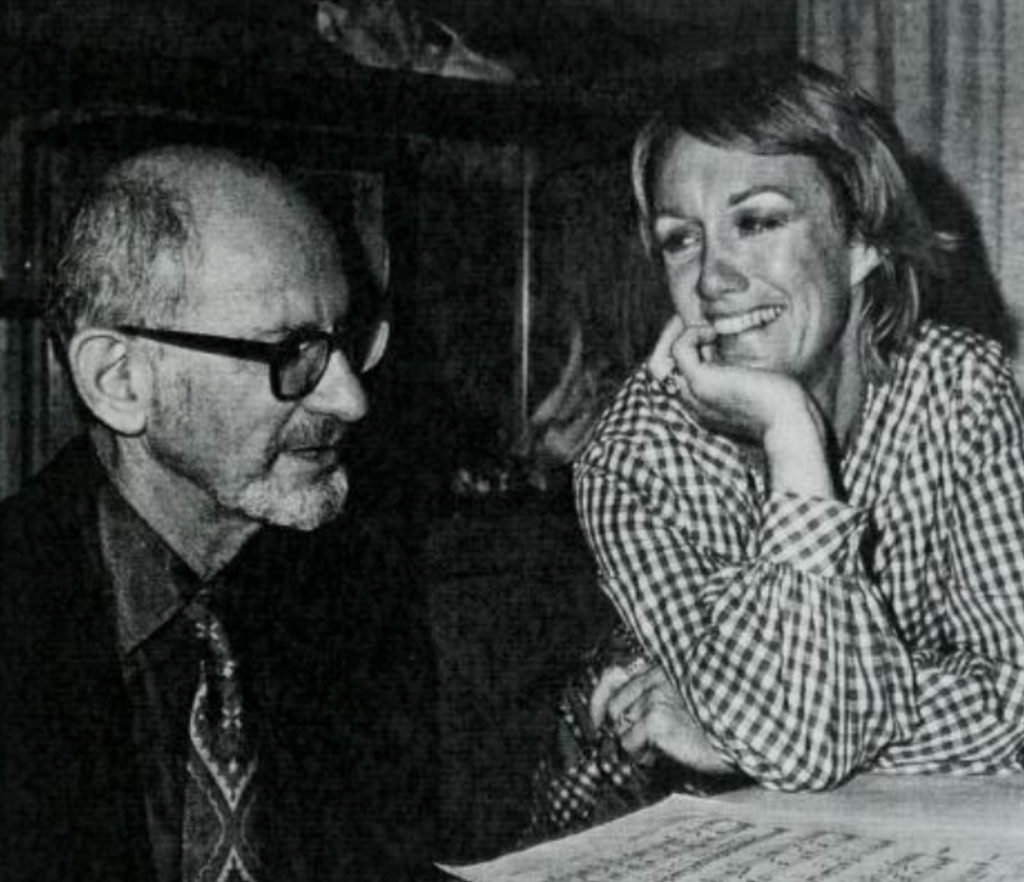
Anton Webern, Hildegard Jone: Wie bin ich froh! (Drei Lieder nach Gedichten von Hildegard Jone, Op. 25/1). Marni Nixon, Leonard Stein [1957]
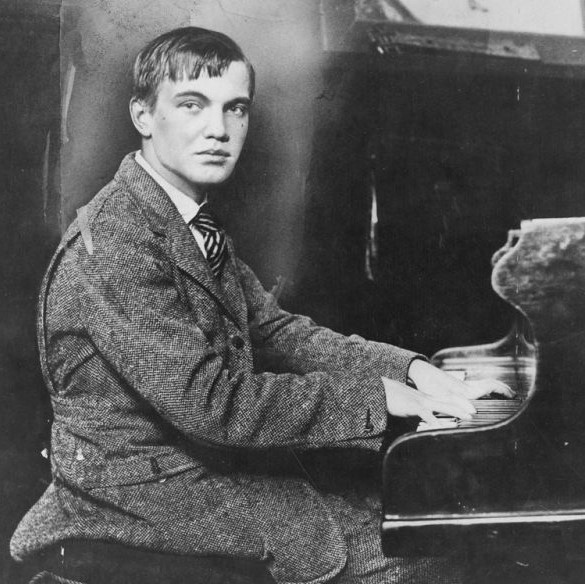
George Antheil: Dementia [AKA Daughter of Horror]: Main Theme. Marni Nixon, featured vocalist, arranged, orchestrated, and conducted by Ernest Gold [1955]

Harry Warren, Harold Adamson, Leo McCarey: Continué (An Affair to Remember). Marni Nixon, Lionel Newman, The 20th Century-Fox Orchestra [1957]
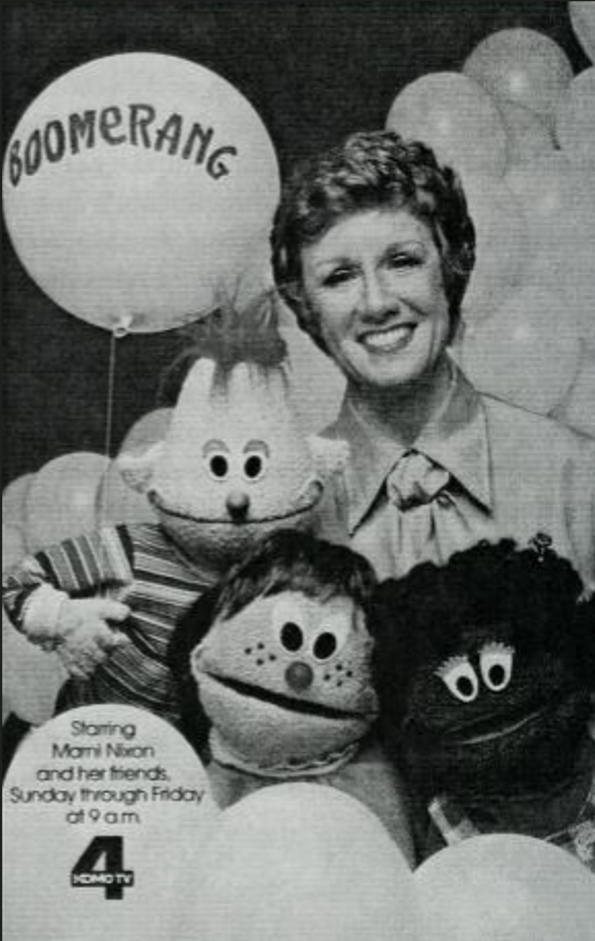
Stan Keen: Boomerang Theme Song. Marni Nixon, Ensemble [1975]
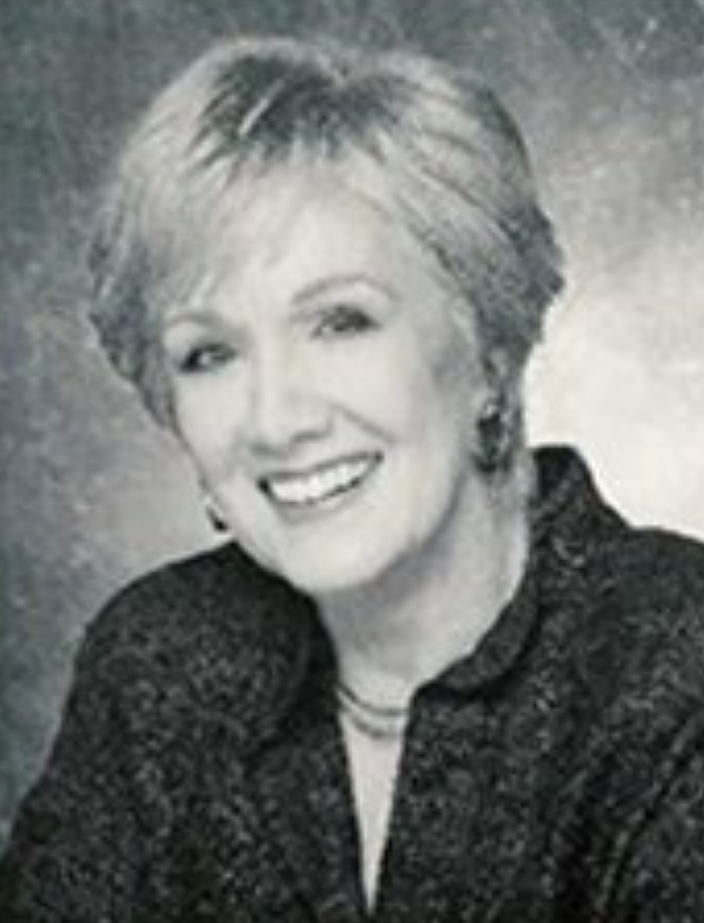
Richard Rodgers, Oscar Hammerstein II: I Know It Can Happen Again (Allegro). Marni Nixon, Larry Blank, Istropolis Philharmonic Orchestra [2008]
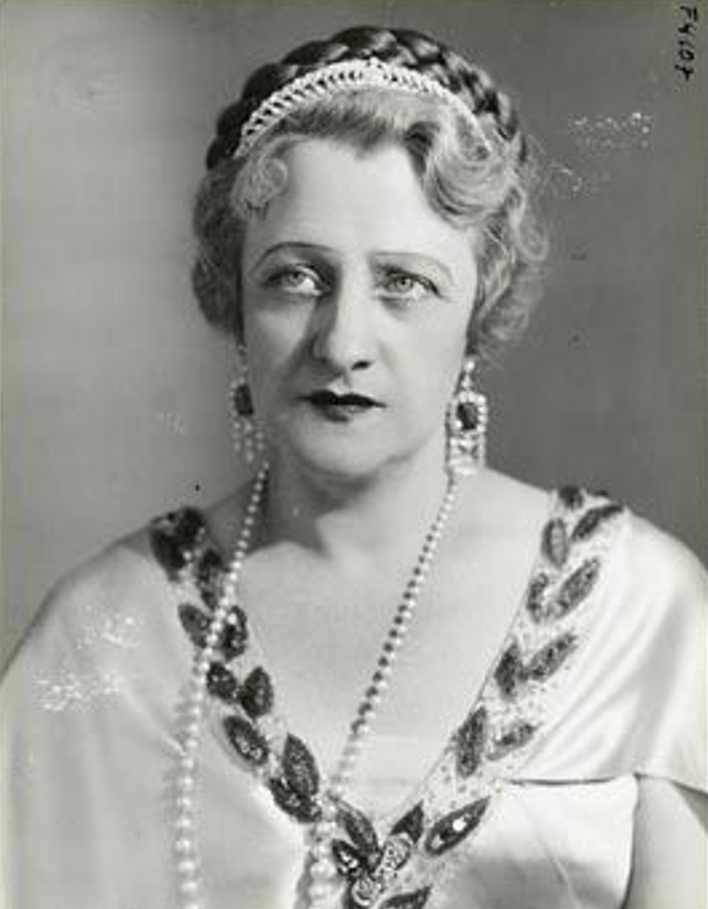
Robert Stolz, Fritz Grünbaum, Wilhelm Sterk: Du sollst der Kaiser meiner Seele sein (Der Favorit). Vera Schwarz, unidentified conductor and orchestra [1928]

Charles Ives, Louis Untermeyer: From “The Swimmers.” Marni Nixon, John McCabe [1967]
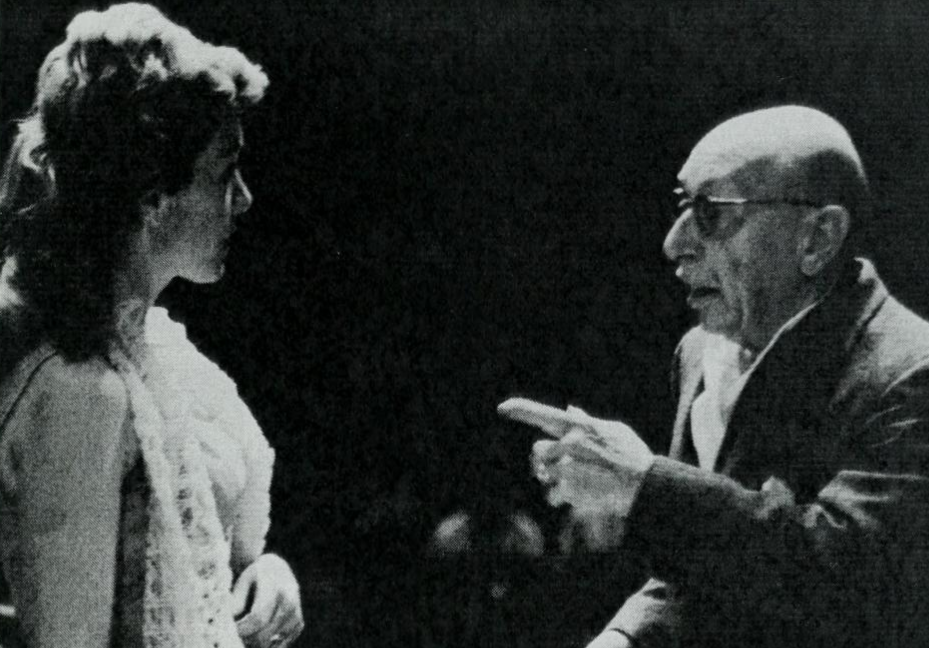
Igor Stravinsky, traditional Russian text, unknown English translator: The Drake (Four Russian Songs, No. 1). Marni Nixon, Arthur Gleghorn, Dorothy Remsen, Jack Marshall [1954]
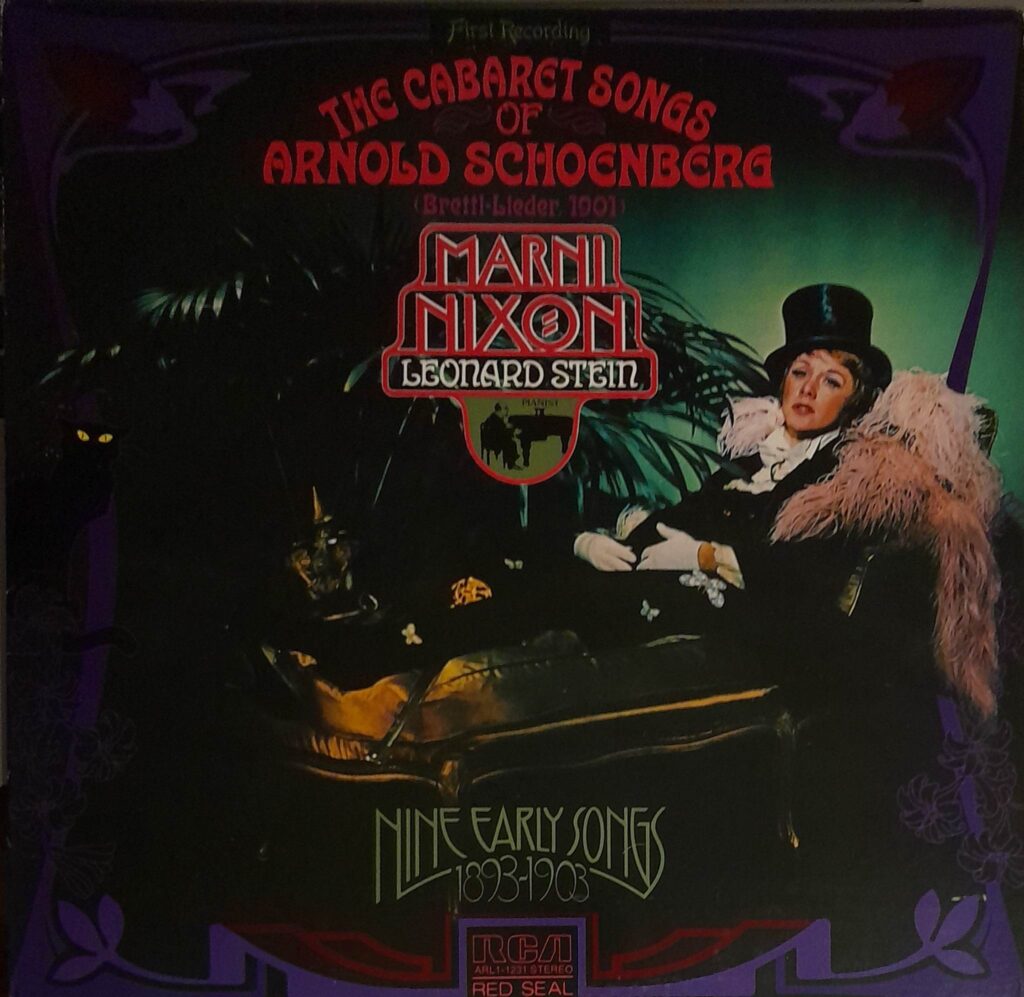
Arnold Schoenberg, Emanuel Schikaneder: Arie aus dem Spiegel von Arkadien [Seit ich so viele Weiber sah] (Brettl-Lieder). Marni Nixon, Leonard Stein [1975]

Arnold Schoenberg, Frank Wedekind: Galathea (Brettl-Lieder) [with spoken introduction]. Marni Nixon, Thomas Bagwell [2005]
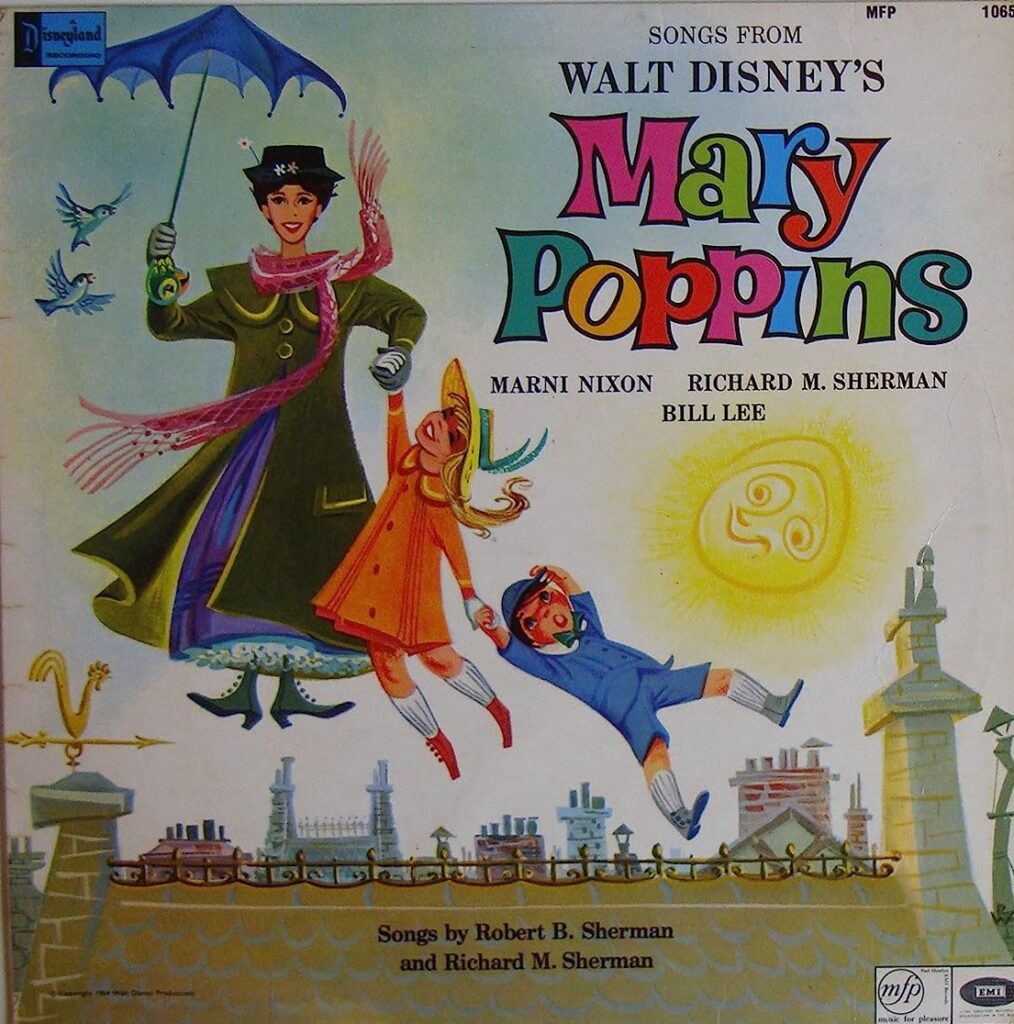
Robert B. Sherman, Richard M. Sherman: A Spoonful of Sugar. Marni Nixon, arranged and conducted by Salvatore “Tutti” Camarata [1964]
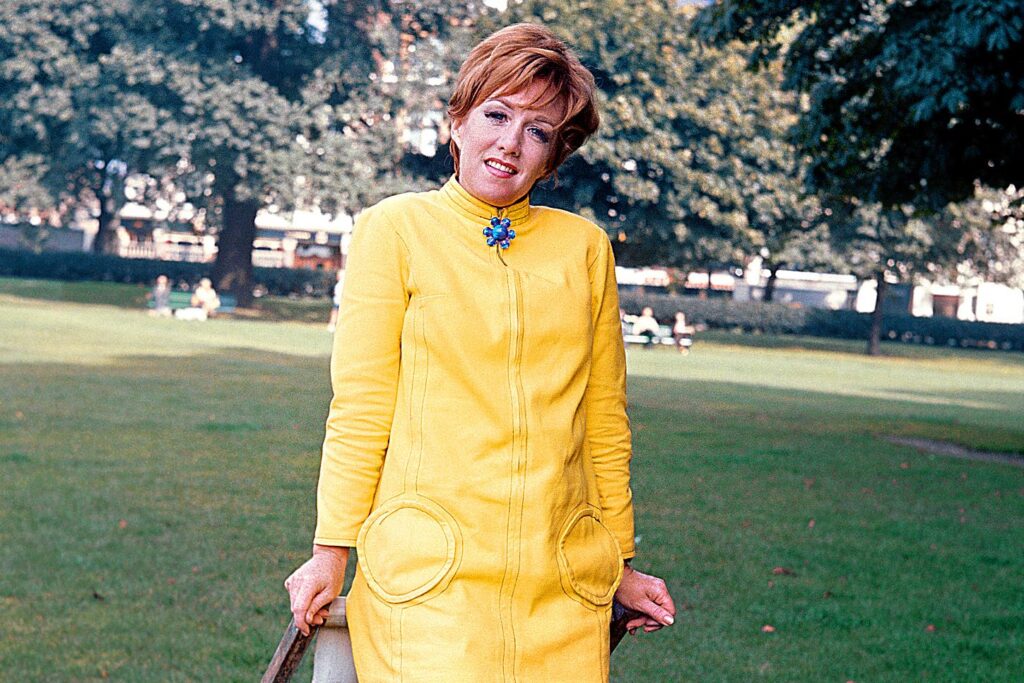
Arnold Schoenberg, Friedrich von Oppeln-Bronikowski, K.L. Ammer [Karl-Anton Klammer] (after Maurice Maeterlinck): Herzgewächse, Op. 20. Marni Nixon, Robert Craft conducting ensemble [Barbara Shik, Leonard Stein, Wesley Kuhnle] [1956]
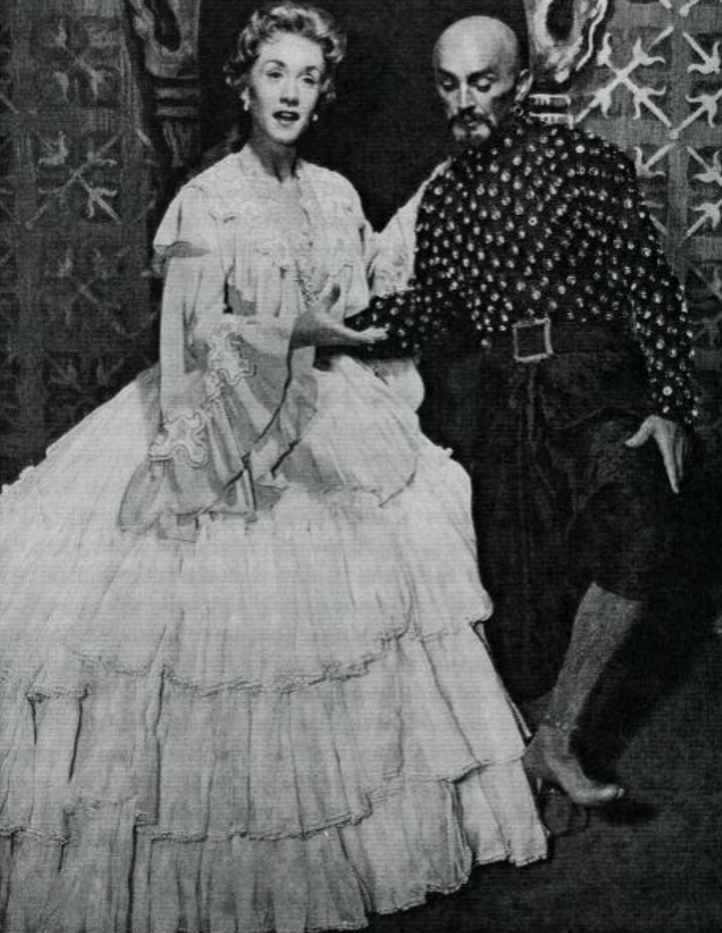
Richard Rodgers, Oscar Hammerstein II: Shall I Tell You What I Think Of You? (The King and I). Marni Nixon, Deborah Kerr, Orchestra conducted by Alfred Newman [1955]

Traditional French, arr. Joseph-Marie Canteloube: Lo fiolairé (Chants d’Auvergne). Marni Nixon, Leonard Bernstein, New York Philharmonic [from Young People’s Concerts, Folk Music in the Concert Hall, first broadcast 09.IV.61]
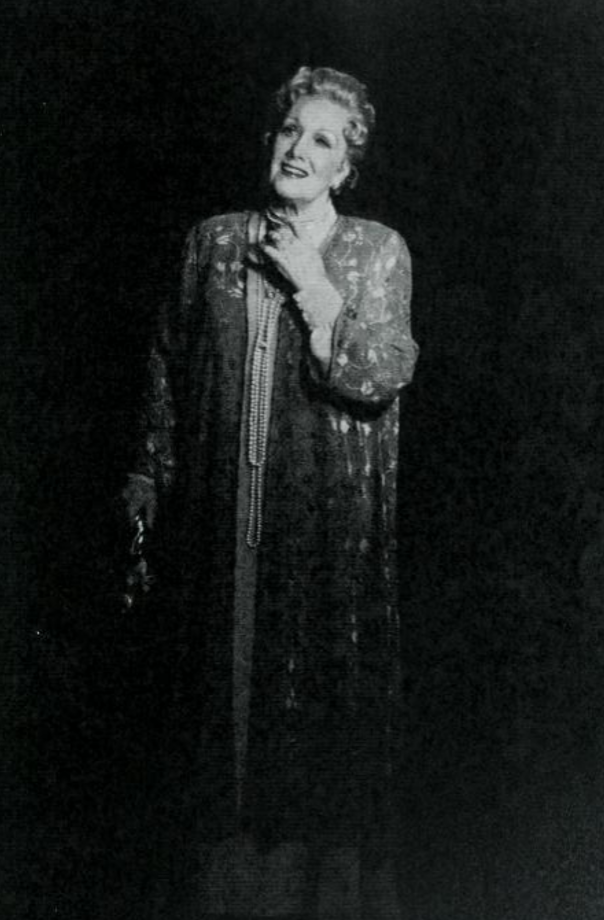
Leonard Bernstein, Stephen Sondheim: A Boy Like That – I Have a Love (West Side Story). Marni Nixon, Susan Egan, Daniel Roth, Stephen Erdody, Angeles String Quartet [live Los Angeles 2002]

Johann Sebastian Bach: Verstummt, verstummt, ihr holden Saiten! (Trauer-Ode, BWV 198). Marni Nixon, Robert Craft, Columbia Symphony Orchestra [1960]
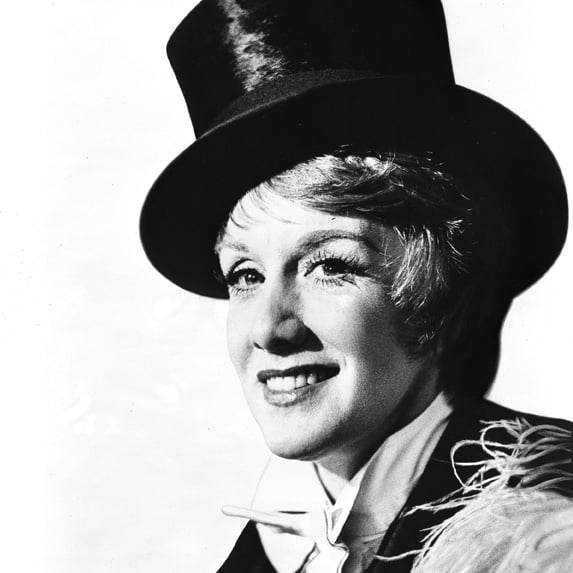
Arnold Schoenberg, Richard Dehmel: Mädchenfrühling. Marni Nixon, Leonard Stein [1975]
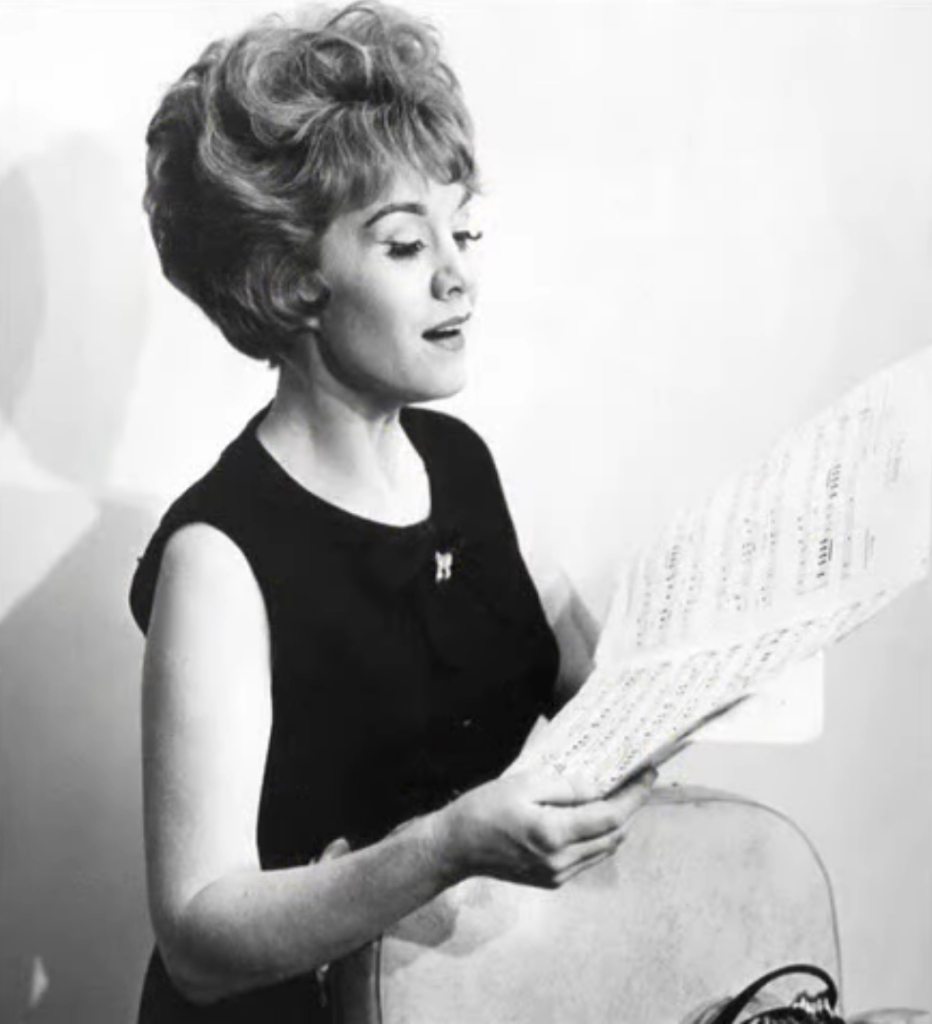
Jerome Kern, Herbert Reynolds: They Didn’t Believe Me (The Girl from Utah). Marni Nixon, Lincoln Mayorga [1988]
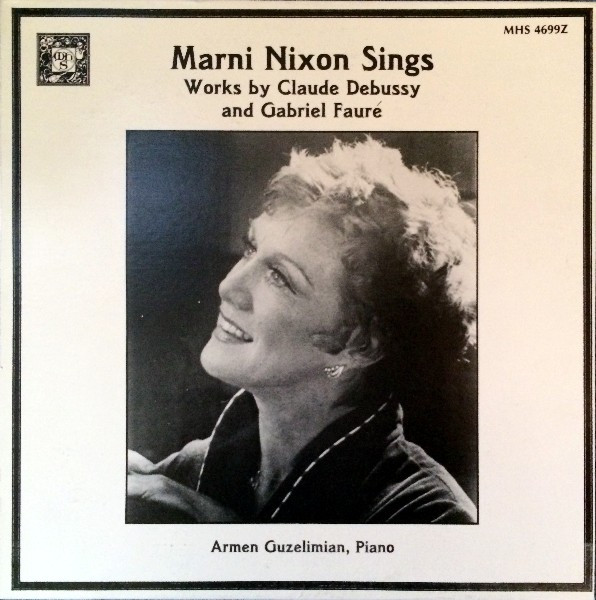
Claude Debussy, Paul Verlaine: Colloque sentimental (Fêtes galantes II, FL 114/3). Marni Nixon, Armen Guzelimian [1983]
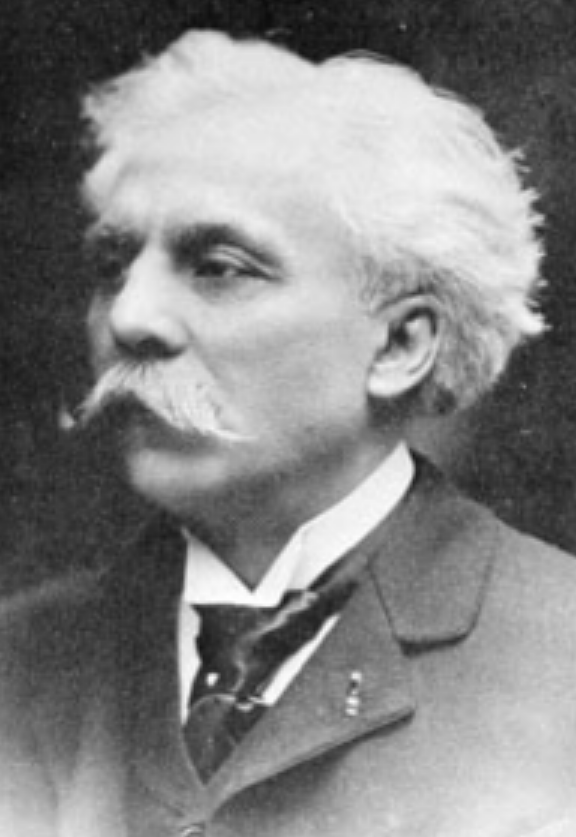
Gabriel Fauré, Paul Verlaine: Prison, Op. 83/1. Marni Nixon, Armen Guzelimian [1983]
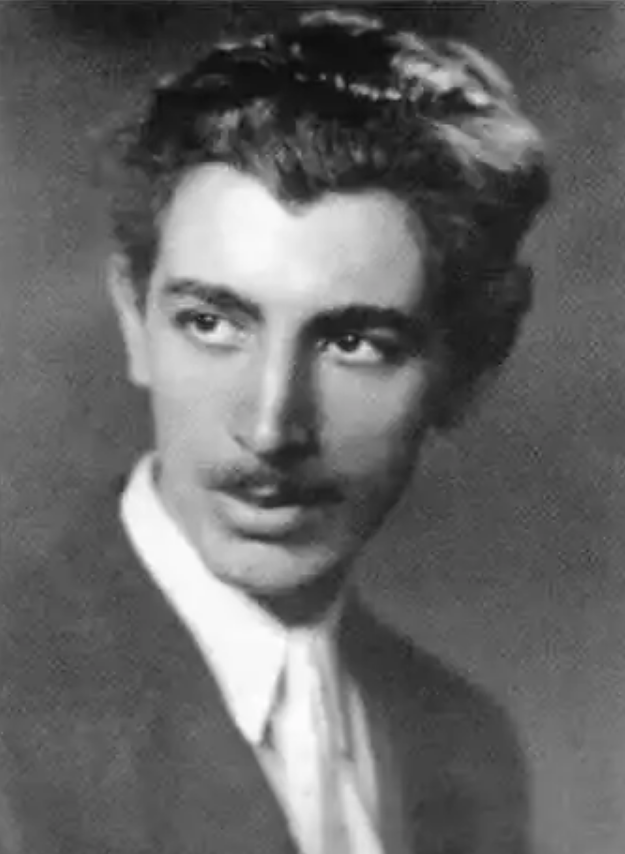
Alan Hovhaness: He Touches the Broken Heart (Avak the Healer, Op. 63/6). Marni Nixon, Thomas Stevens, Ernest Gold, Crystal Chamber Orchestra [1975]
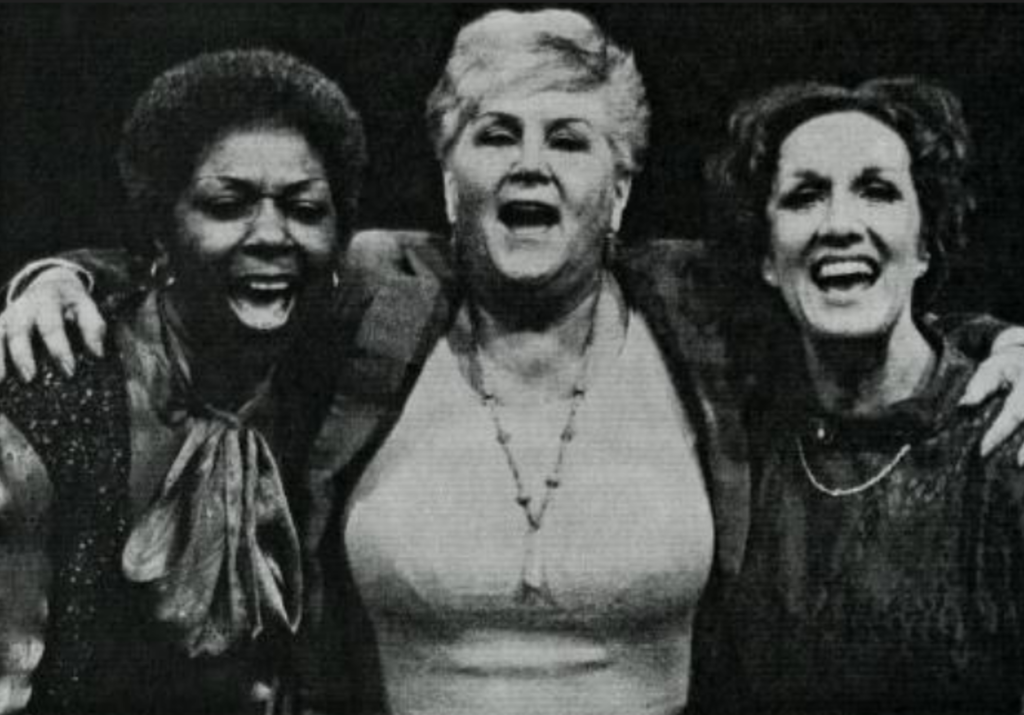
Gary William Friedman, Will Holt: Vivaldi (Taking My Turn). Marni Nixon and Company [Mace Barrett, Victor Griffin, Cissy Houston, Tiger Haynes, Margaret Whiting, Ted Thurston, Sheila Smith] [1983]
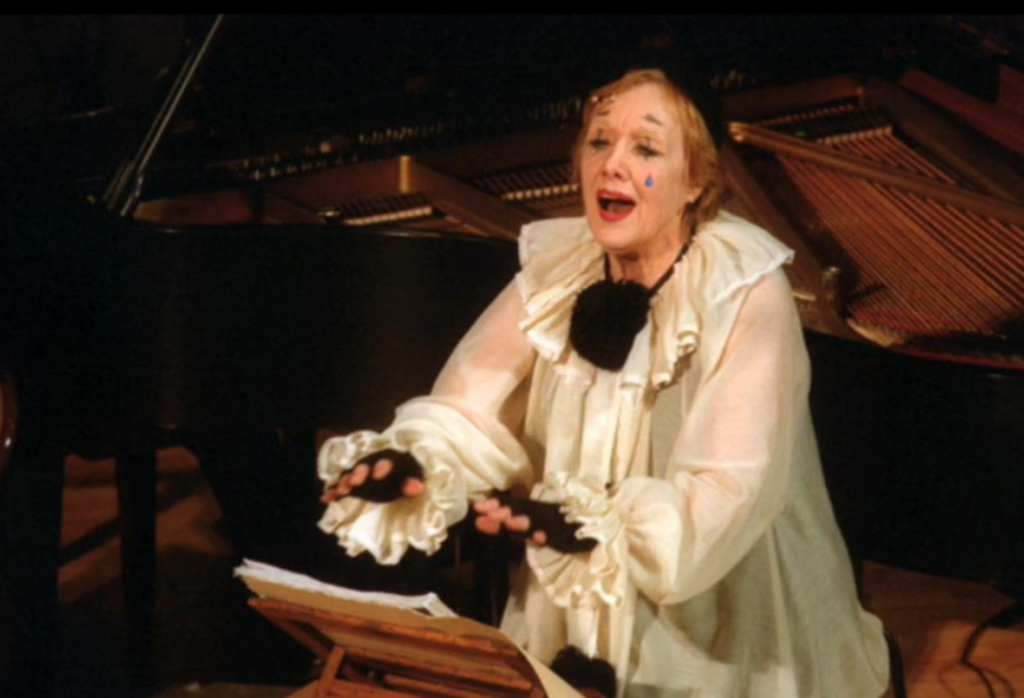
Arnold Schoenberg, Ernest Guiraud (translated by Otto Hartleben): Madonna (Pierrot Lunaire, Op. 21/5). Marni Nixon, Charles Prince, Members of the London Symphony Orchestra [live 2010]
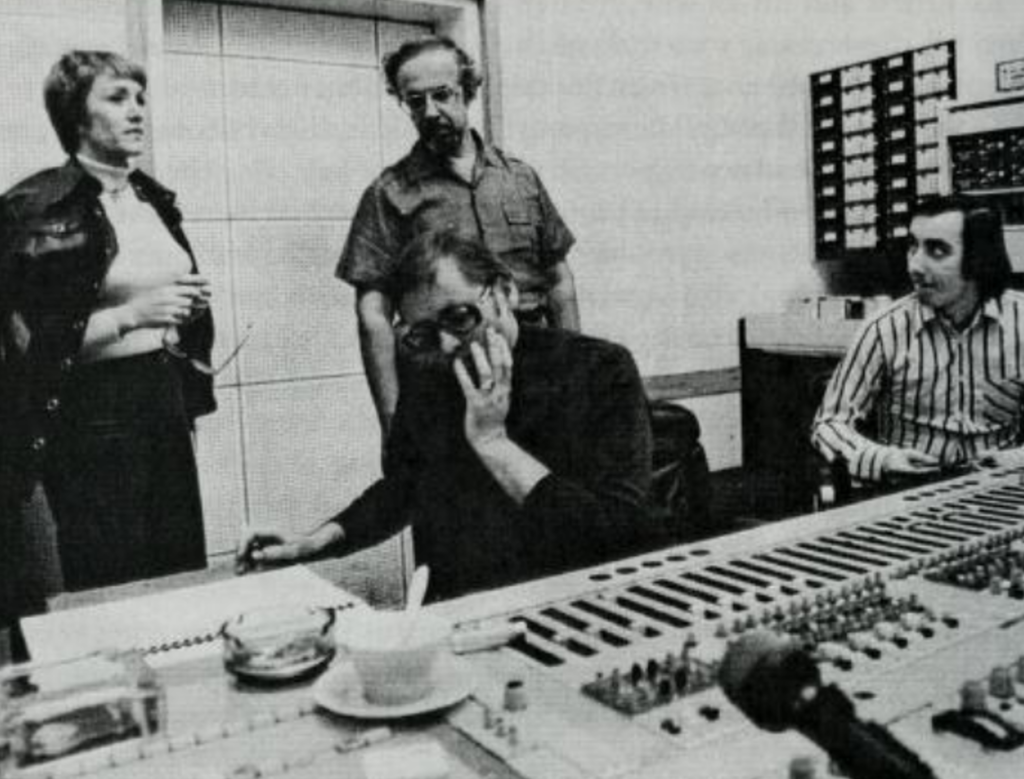
Ernest Gold, Edna St. Vincent Millay: Time Does Not Bring Relief (Songs of Love and Parting). Marni Nixon, Ernest Gold, Orchestra of the Wiener Volksoper [1974]
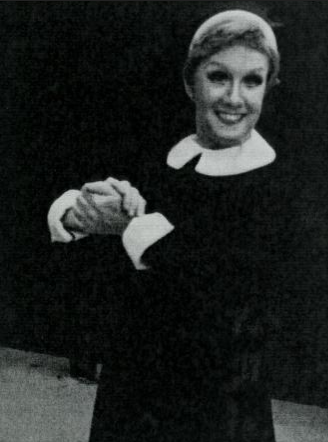
Richard Rodgers, Oscar Hammerstein II: Climb Every Mountain (The Sound of Music). Marni Nixon, Melissa Errico, John Mauceri, The Hollywood Bowl Orchestra [live VII.2006]
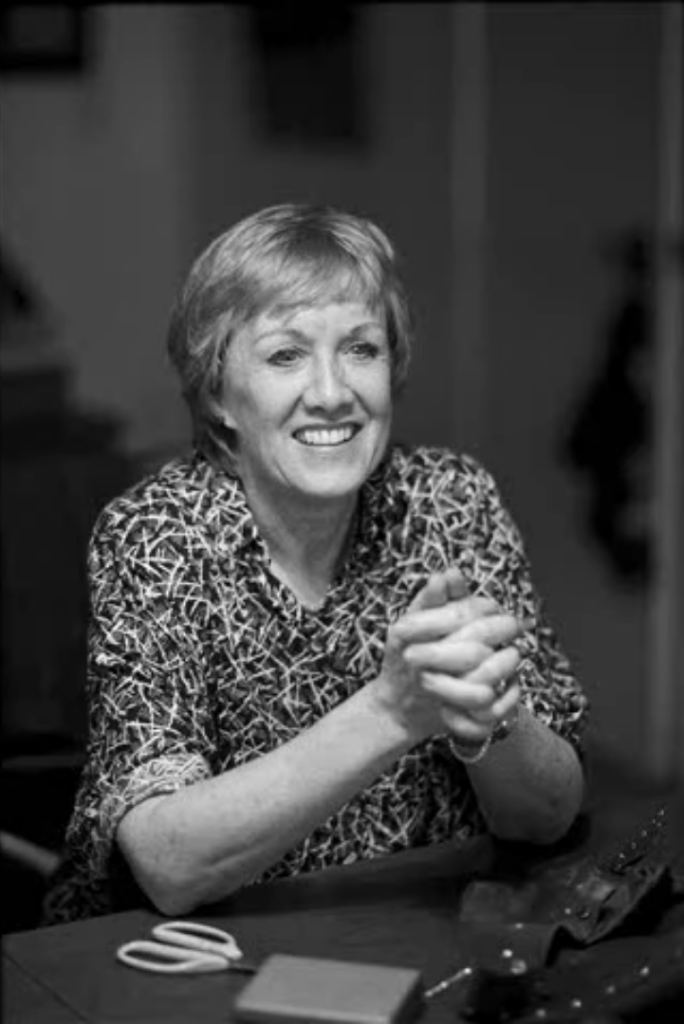
Anton Webern, traditional text: Der Tag ist vergangen (Vier Lieder, Op. 12/1). Marni Nixon, Leonard Stein [1957]
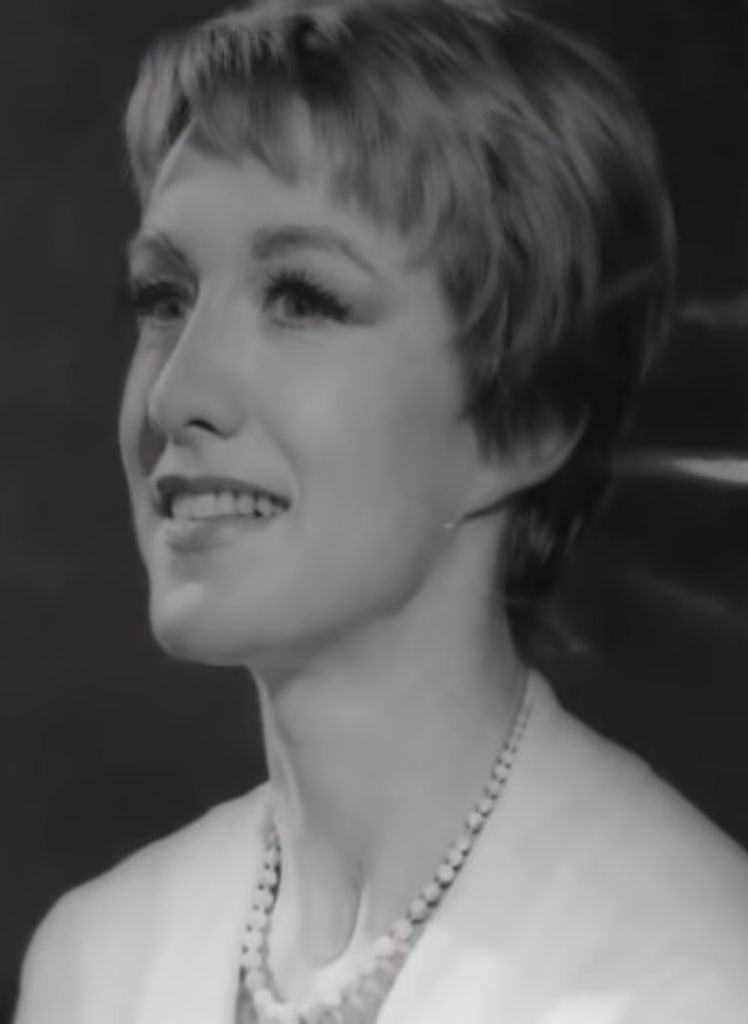
Richard Rodgers, Oscar Hammerstein II: So Long, Farewell (The Sound of Music). Marni Nixon, unknown pianist [foreign dubbing test for The Sound of Music film, ca. 1964]

